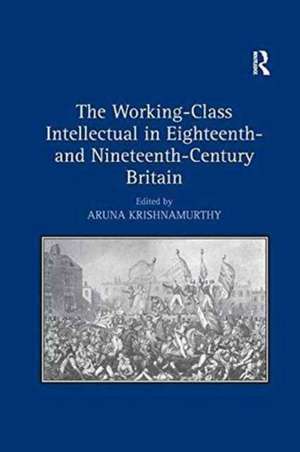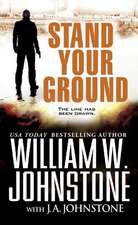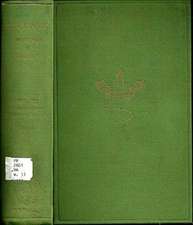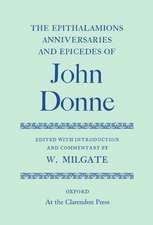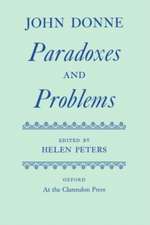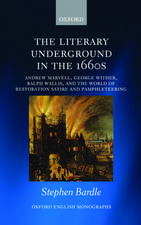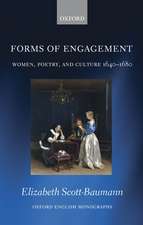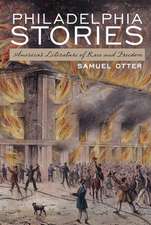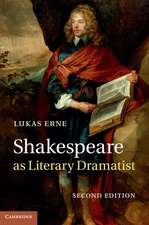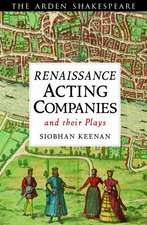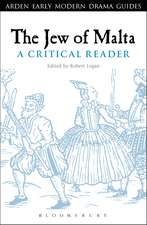The Working-Class Intellectual in Eighteenth- and Nineteenth-Century Britain
Editat de Aruna Krishnamurthyen Limba Engleză Paperback – 11 noi 2016
| Toate formatele și edițiile | Preț | Express |
|---|---|---|
| Paperback (1) | 469.34 lei 6-8 săpt. | |
| Taylor & Francis – 11 noi 2016 | 469.34 lei 6-8 săpt. | |
| Hardback (1) | 1061.93 lei 6-8 săpt. | |
| Taylor & Francis – 20 mai 2009 | 1061.93 lei 6-8 săpt. |
Preț: 469.34 lei
Nou
Puncte Express: 704
Preț estimativ în valută:
89.82€ • 93.24$ • 74.89£
89.82€ • 93.24$ • 74.89£
Carte tipărită la comandă
Livrare economică 22 martie-05 aprilie
Preluare comenzi: 021 569.72.76
Specificații
ISBN-13: 9781138261938
ISBN-10: 1138261939
Pagini: 268
Dimensiuni: 156 x 234 mm
Greutate: 0.45 kg
Ediția:1
Editura: Taylor & Francis
Colecția Routledge
Locul publicării:Oxford, United Kingdom
ISBN-10: 1138261939
Pagini: 268
Dimensiuni: 156 x 234 mm
Greutate: 0.45 kg
Ediția:1
Editura: Taylor & Francis
Colecția Routledge
Locul publicării:Oxford, United Kingdom
Cuprins
Contents: Introduction, Aruna Krishnamurthy; 'From threshing corn, he turns to thresh his brains': Stephen Duck as laboring-class intellectual, William J. Christmas; Protest and performance: Ann Yearsley's Poems on Several Occasions, Monica Smith Hart; 'Hoddin' grey an' a' that': Robert Burns's head, class hybridity and the value of the ploughman's mantle, Luke R.J. Maynard; Coffee-house vs. ale-house: notes on the making of the 18th-century working-class intellectual, Aruna Krishnamurthy; Genre in the Chartist periodical, Rob Breton; Shakespeare in the early working-class press, Kathryn Prince; Radical satire and respectability: comic imagination in Hone, Jerrold and Dickens, Sambudha Sen; 'The unaccredited hero': Alton Lock, Thomas Carlyle, and the formation of the working-class intellectual, Richard Salmon; Alexander Somerville's rise from serfdom: working-class self-fashioning through journalism, autobiography and political economy, Julie F. Codell; Politeness and intertextuality in Michael Faraday's artisan essay-circle, Alice Jenkins; Playing at poverty: the music hall and the staging of the working class, Ian Peddie; Index.
Notă biografică
Aruna Krishnamurthy is Assistant Professor of English at Fitchburg State College, USA.
Recenzii
'... living and working in the early twenty-first century, a period where race and gender attract a great deal of focus, it is good to see a serious and scholarly approach taken to the issues of class and intellectual productivity.' English Studies '... the volume contains many contributions that will be of general interest to scholars working within Victorian studies. In particular, scholars interested in the interchange between middle-class respectability and working-class radicalism will find much of interest in the essays by Salmon, Rob Breton, Sambudha Sen, Alice Jenkins, and Ian Peddie, as well as Krishnamurthy's second contribution. The collection indicates, furthermore, a new phase in the study of working-class literature is underway.' Victorian Studies
Descriere
This collection of essays contributes to scholarship on the emergence of the working classes, by filtering the formation of working-class identity through the rise of the "working-class intellectual," a unique cultural figure at the crossroads of two disparate worlds. The essays cover a range of familiar and unfamiliar figures from the 1730s to the 1850s, shedding light on key moments of working-class self-expression.
